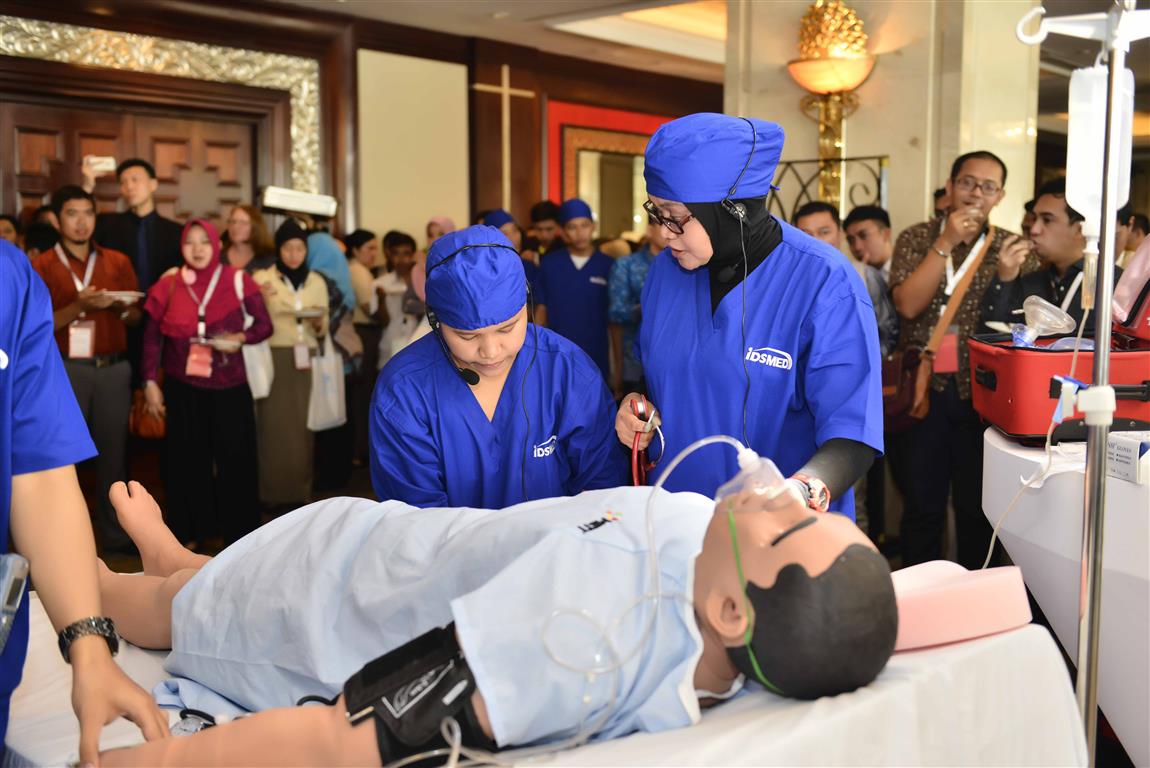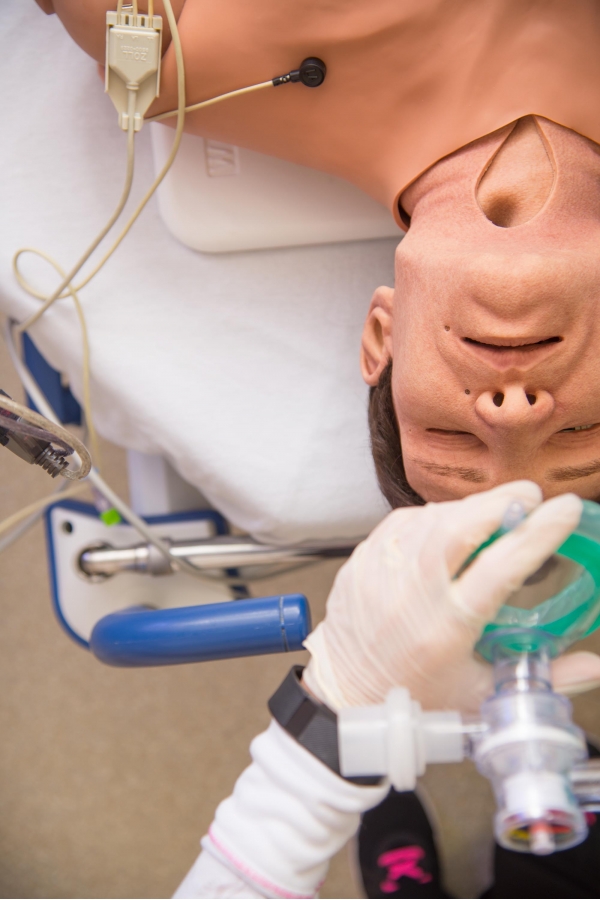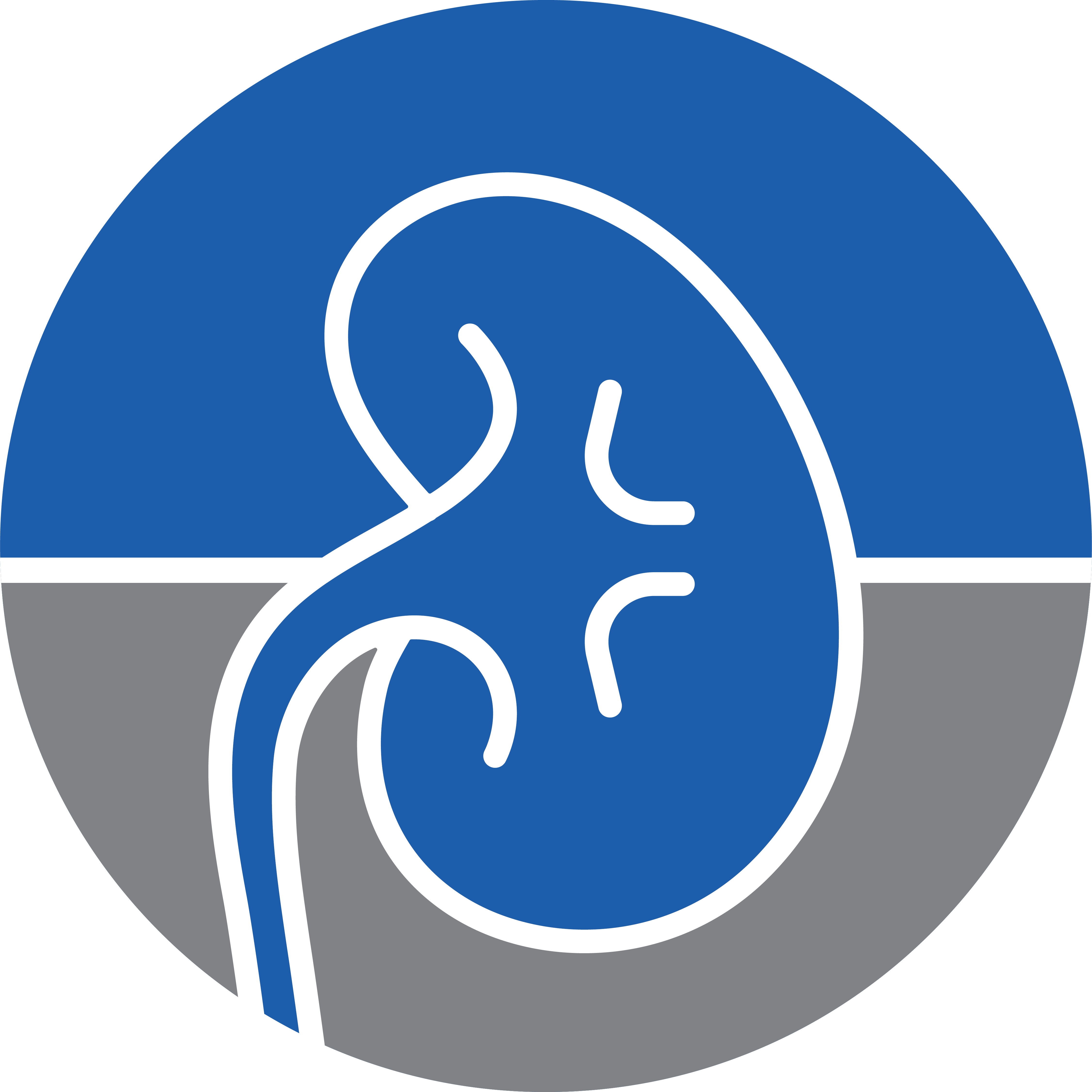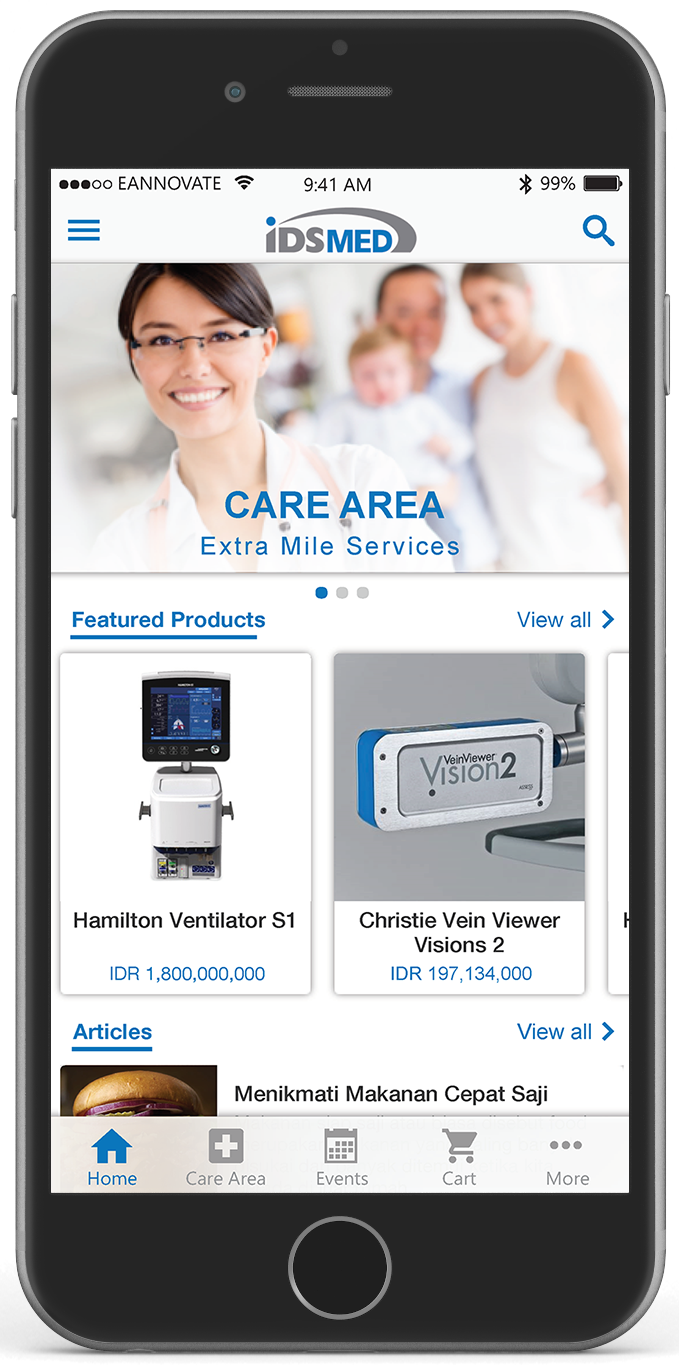Medical education has undergone significant changes during the last decades. One of the reasons for the changes is the concern for patient’s safety, which involves various cases of medical injury and medical malpractices that occurred around the world.
Medical malpractice cases involve patients who have been harmed or injured due to poor medical treatment or mistaken diagnosis from a medical providers such as doctors, nurses, , hospitals, other medical workers and medical device technicians.
One of the ways to enhance clinical competence is through Medical Simulation training. The training has been proven to have many advantages which help improve medical practitioners’ competencies, and in return, improve patient safety and reduce health care costs.
Medical simulation allows the acquisition of clinical skills through hands-on practice rather than an apprentice style of learning. With the recent advancement in technology, simulation tools serve as an alternative to real patients, which allow trainees to perform procedural mistakes and learn from them without the fear of harming the patient.
While hands-on learning with real patients cannot be completely replaced, simulation training provides a safe environment for learning. Making mistakes can be a valuable part of the learning process. In the simulation environment, patients are not put at risk

idsMED image property
According to the Society for Simulation in Healthcare, simulation training is “the imitation or representation of one act or system by another” and serves as “a bridge between classroom learning and real-life clinical experience.” No longer must students practice give injections by using an orange or budding surgeons practice suturing by using a piece of felt.
Today’s patient simulators are significantly more advanced. Most of them can blink, breathe, cry, sweat, and have a heartbeat and pulse.

CAE healthcare image property
When hooked up to monitors, they can even display vital signs. With some customization by the faculty, the ‘patient’ can exhibit any number of cardiac arrhythmias. The technology can even mimic virtually every major bodily function. Using different scenarios, students can experience a range of events from physical examination to major trauma. The simulator even recognizes injected medications via RFID and responds with appropriate vital signs. This is a particularly helpful (and safe) way to demonstrate a reaction to the wrong medication being given by the student.
In an article titled “Simulation-based learning: Just like the real thing”, Dr. Fatimah Lateef (Senior Consultant, Director of Training and Education, Department of Emergency Medicine, Singapore General Hospital, Singapore), writes about the important place that simulation has in training healthcare personnel. She feels that “simulation-based medical education can be a platform which provides a valuable tool in learning to mitigate ethical tensions and resolve practical dilemmas.” Dr. Lateef follows this by saying that simulation training is “a technique (not a technology) to replace and amplify real experiences with guided ones, often “immersive” in nature.”
Simulation-based learning is expensive. There are different types and classification of simulators and their cost vary according to the degree of resemblance to reality, or ‘fidelity’. However, this type of medical education is cost-effective if utilized properly.
See our wide-variety of patient simulator
here
Reference
http://www.healthcareitnews.com/blog/using-simulation-training-healthcare
https://www.ncbi.nlm.nih.gov/pmc/articles/PMC3195067



















